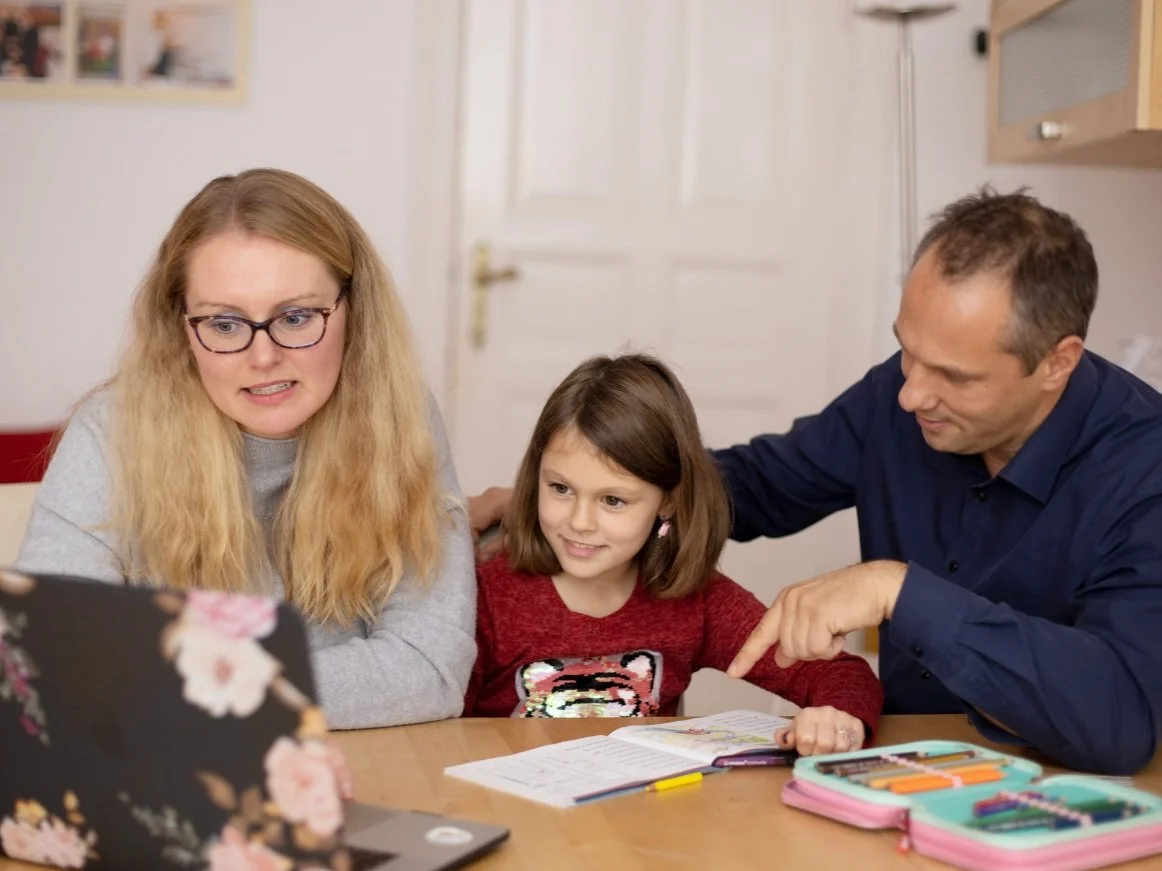Welcome to Dr. Morgan’s Blog!
5 Tips for Neurodivergent People Starting College
When my back-to-school post went up a few weeks ago, many of you reached out with great questions about college specifically. So, I'd like to do a follow-up post tackling some unique back-to-school tips for neurodivergent people starting or heading back to college.
Four Back-to-School Tips for Neurodivergent Families
It’s officially back-to-school season!
For many neurodivergent families, this time comes with mixed feelings. You might be excited to get back into a more normal routine but also nervous about helping your child navigate new teachers, classes, and classmates.
To start the month off, I want to share 4 tips to help you and your family through this big season of change.
Help Your Child Accept Themselves, Work With Their Neurodivergence, & Find People Who Understand Them
This month, I will focus on big-picture goals for neurodivergent kids. Setting big-picture goals helps us focus on what we value most and determine which short-term goals are worth pursuing. Discussing big-picture goals for a child can also be a useful communication tool between partners, co-parents, and other important adults in your child’s life. When I think about my big goals for the kids I work with, they boil down to self-acceptance, understanding and working with their neurodivergence, and finding a supportive community that appreciates them for who they are.
Supporting the Mental Health of Neurodivergent Kids and Teens
Let’s look at some ways to support neurodivergent kids and teens who have co-occurring mental health concerns. The strategies below work for all those with mental health concerns. However, they can be essential for neurodivergent kids and youth who are often misunderstood and under-supported in our society.
3 Reasons Mental Health Conditions and Neurodivergence Often Co-Occur
Mental health diagnoses such as anxiety or depression commonly co-occur with neurodivergent diagnoses such as ADHD, Autism Spectrum Disorder (ASD), and Learning Disabilities. This month, I am going to talk about why this co-occurrence is common and why it is critical to identify and address co-occurring mental health concerns. In this post, I will focus on three reasons why the co-occurrence between neurodivergence and mental health concerns is so common.
Understanding Learning Disabilities: A Guide for Parents
This month, we are focusing on learning disabilities. In my first post this month, we looked at some common misconceptions and things that are true about learning disabilities. In this post, we will focus on common learning disabilities, dyslexia, dyscalculia, and dysgraphia individually. For each learning disability, we will look at what it is, what it looks like, and some proven interventions.
Learning Disabilities: 6 Things Every Parent Should Know
This month, we will take a closer look at one subset of neurodiversity: learning disabilities. Learning disabilities are often misunderstood in popular culture, leading to people not noticing the signs of a learning disability in a child or themselves. So this month, we will cover all sorts of learning disability topics, from what they are and common misconceptions to signs to look for, assessments, and evidence-based interventions.
First, three specific learning disabilities fall under the learning disability umbrella: dyslexia, dyscalculia, and dysgraphia. A learning disability can occur on its own or can co-occur with another learning disability, with another neurodiversity (like ADHD or Autism Spectrum Disorder), or with a mental health concern (like anxiety or depression). While each learning disability has its own unique symptoms and intervention strategies, there are a lot of things that are true for all learning disabilities. Today, we are going to focus on six often misunderstood facts that are true for all learning disabilities.
Wondering if Your Child has ADHD? Why a Getting Comprehensive Evaluation is Important
Last month, we discussed evaluation and deciding if it is the right next step for your child. If you missed that, check it out here.
This month, I want to focus on a subset of evaluations I always get questions about- ADHD evaluations. If you have concerns about your child’s attention, you might be wondering if they should have an ADHD evaluation. Or maybe your pediatrician diagnosed your child with ADHD, and you are wondering if a more robust evaluation would be helpful. This month, I will cover what ADHD is, when to consider an evaluation, the three parts of a high-quality evaluation of attention, and how to ensure your child gets a comprehensive evaluation.











